Melissa Stamm
-
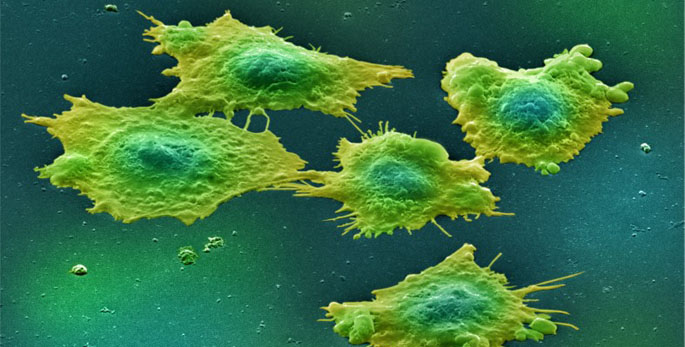
Colon cancer’s cellular crossroads
New information about signaling pathways involved in colorectal cancer could aid in assessing prognosis and identifying new therapeutic targets for the disease. Read MoreMar 16, 2012
-

Urine biomarker for colon cancer?
A molecule detectable in urine may be helpful in diagnosing colon cancer. Read MoreMar 10, 2012
-
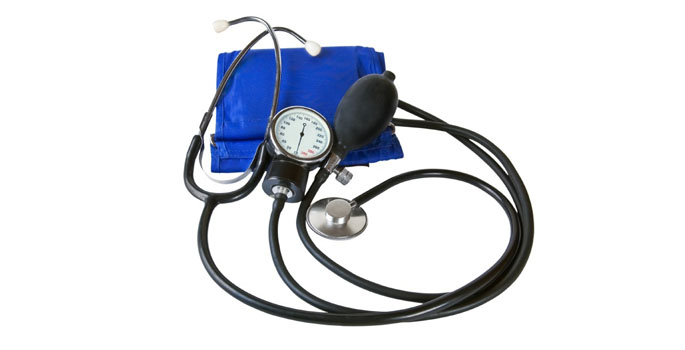
Combo combats dizziness
Some patients may need a combo of medications to combat a condition that causes dizziness. Read MoreMar 9, 2012
-
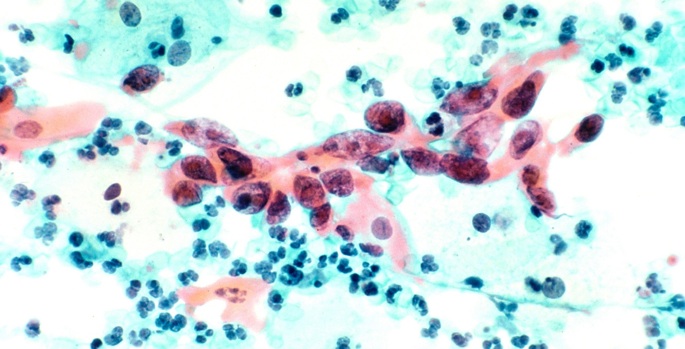
‘Acid test’ for cervical cancer
An inexpensive, low-tech test for cervical cancer may be a good option for screening for the disease among HIV-infected women in developing countries. Read MoreFeb 21, 2012
-
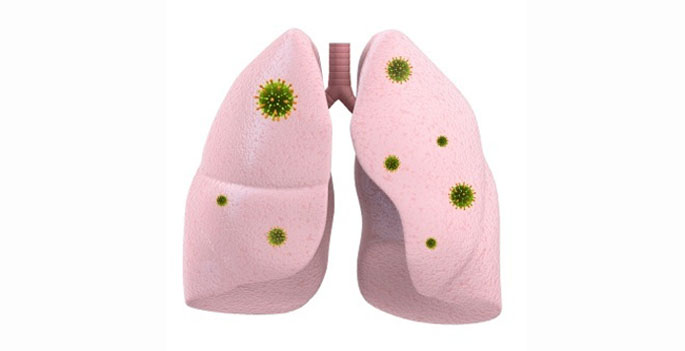
On the tail of RSV infection mechanism
New details about the life cycle of respiratory syncytial virus (RSV) could aid the development of therapies to combat this leading cause of serious illness in infants and the elderly. Read MoreFeb 15, 2012
-
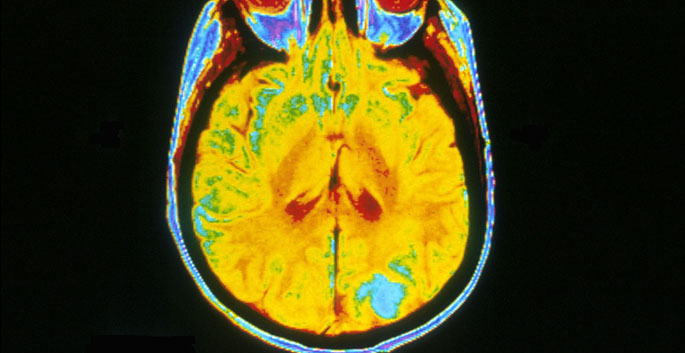
Treatment window for genetic disorder
Treatment with a drug used to prevent organ rejection partially reverses the course of tuberous sclerosis, research in mice suggests. Read MoreFeb 1, 2012
-
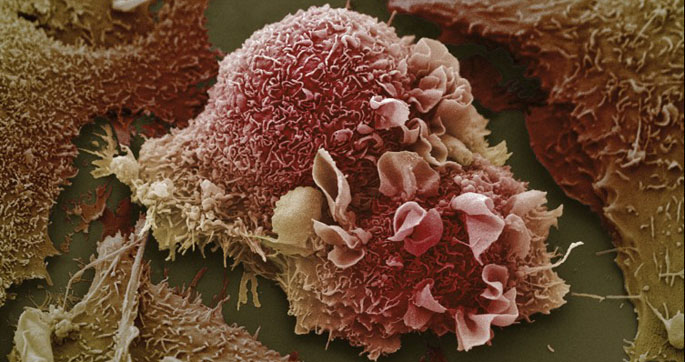
Drugs reverse lung cancer cell changes
Drugs that target “epigenetic” changes may help treat or slow the progression of lung cancer. Read MoreFeb 1, 2012
-
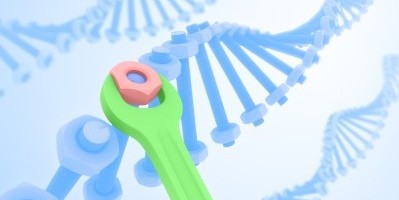
Protein repairs esophageal DNA damage
A protein involved in repairing DNA damage associated with gastric reflux may play a tumor suppressor role in the esophagus and could represent a target for therapies to combat esophageal cancer. Read MoreJan 25, 2012
-

Obesity genes linked to uterine cancer
In addition to body mass index, genetic markers of obesity may provide value in predicting endometrial cancer risk. Read MoreJan 20, 2012
-
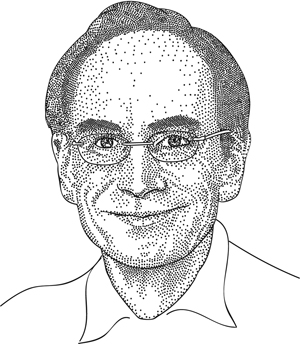
Stanford’s Südhof to speak on synapse development, function
Thomas Südhof, M.D., the Avram Goldstein Professor of Molecular and Cellular Physiology at Stanford University School of Medicine, will deliver the first Discovery Lecture of 2012 on Thursday, Jan. 12. Thomas Südhof, M.D. His talk, “Neurexins: from synapse formation to synapse function,” will begin… Read MoreJan 5, 2012
-

Green tea totals colorectal cancer
Tea and its phytochemical constituents have demonstrated anti-cancer properties in cell and animal experiments – particularly green tea, which has higher levels of antioxidant polyphenols than other types of tea. iStockphoto.com Gong Yang, M.D., MPH, and colleagues evaluated the association between green tea consumption and colorectal cancer risk in participants… Read MoreJan 5, 2012
-
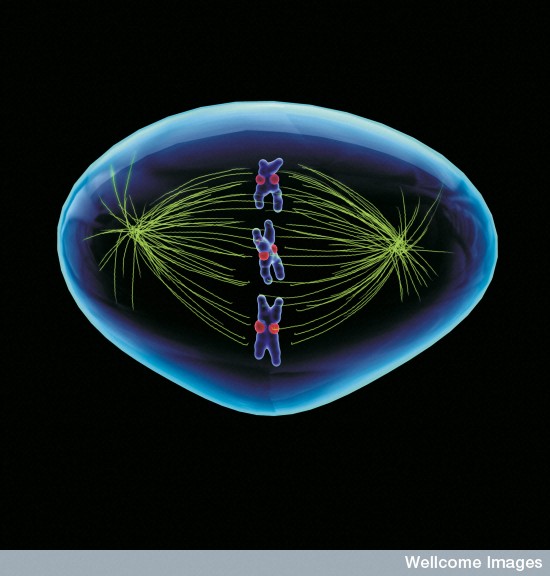
Divvying up chromosomes
(Benedict Campbell/Wellcome Images) Mitosis, or the separation of chromosomes during cell division, is driven by dynamic interactions between the kinetochore region on chromosomes and string-like structures called microtubules. A number of proteins, including the enzyme Cdk1, regulate these interactions, but it is unclear what kinetochore components such enzymes work… Read MoreDec 16, 2011
-
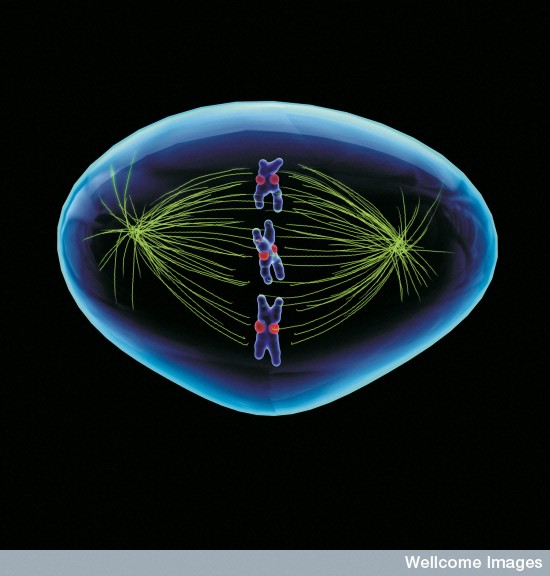
Divvying up chromosomes
Protein helps ensure proper division of chromosomes during cell division. Read MoreDec 15, 2011
-

Virus-linked cancer gets help from host
Host cell protein may be a target for strategies to limit spread of virus-induced squamous cell cancers. Read MoreDec 15, 2011
-

Lung nodule surgery not always “futile”
Even when lung operations for suspected cancer resection results in a benign diagnosis, there still may be significant benefits to the procedure, new research suggests. Read MoreDec 7, 2011
-
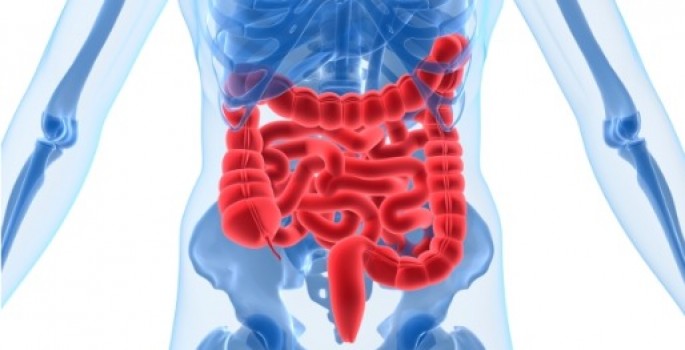
Pathway to colon cancer progression
Molecular players involved in colon cancer progression could provide new biomarkers to indicate invasiveness and prognosis. Read MoreDec 1, 2011
-

Exercise fights fatty liver
(iStock) Fatty liver, a reversible condition of fat accumulation in liver cells, can result from excessive alcohol consumption, obesity, type 2 diabetes, or metabolic disorders. Exercise can reverse this process, but the mechanisms underlying this effect are not clear. Because exercise is known to stimulate the action of glucagon (a… Read MoreNov 18, 2011
-
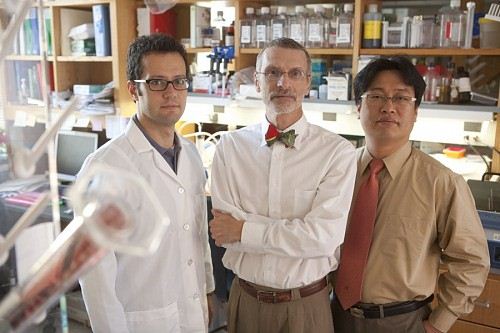
Protein family key to aging linked to suppressing tumors
The list of aging-associated proteins known to be involved in cancer is growing longer, according to research by investigators at Vanderbilt-Ingram Cancer Center and the National Institutes of Health. Read MoreOct 28, 2011
-
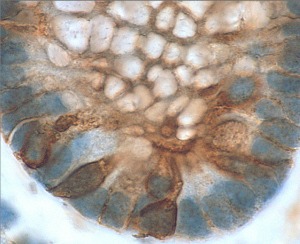
Stopping colitis, STAT
Study suggests a new therapeutic target in ulcerative colitis. Read MoreOct 27, 2011
-
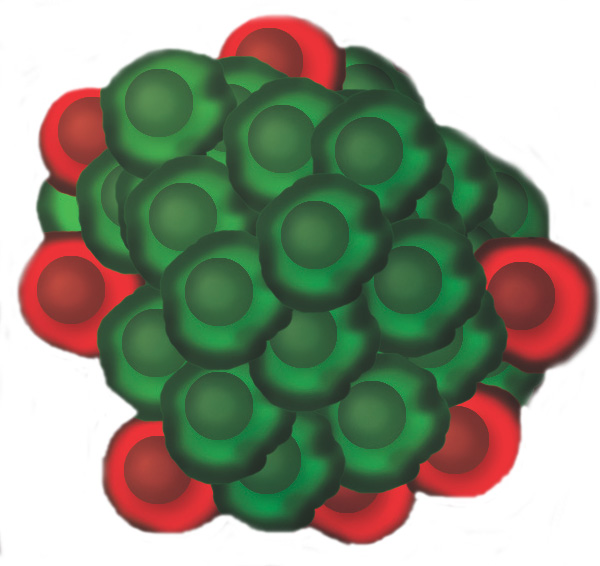
Growth factor boosts beta cells
A growth factor may help grow transplantation-quality pancreas cells for treating diabetes. Read MoreOct 21, 2011